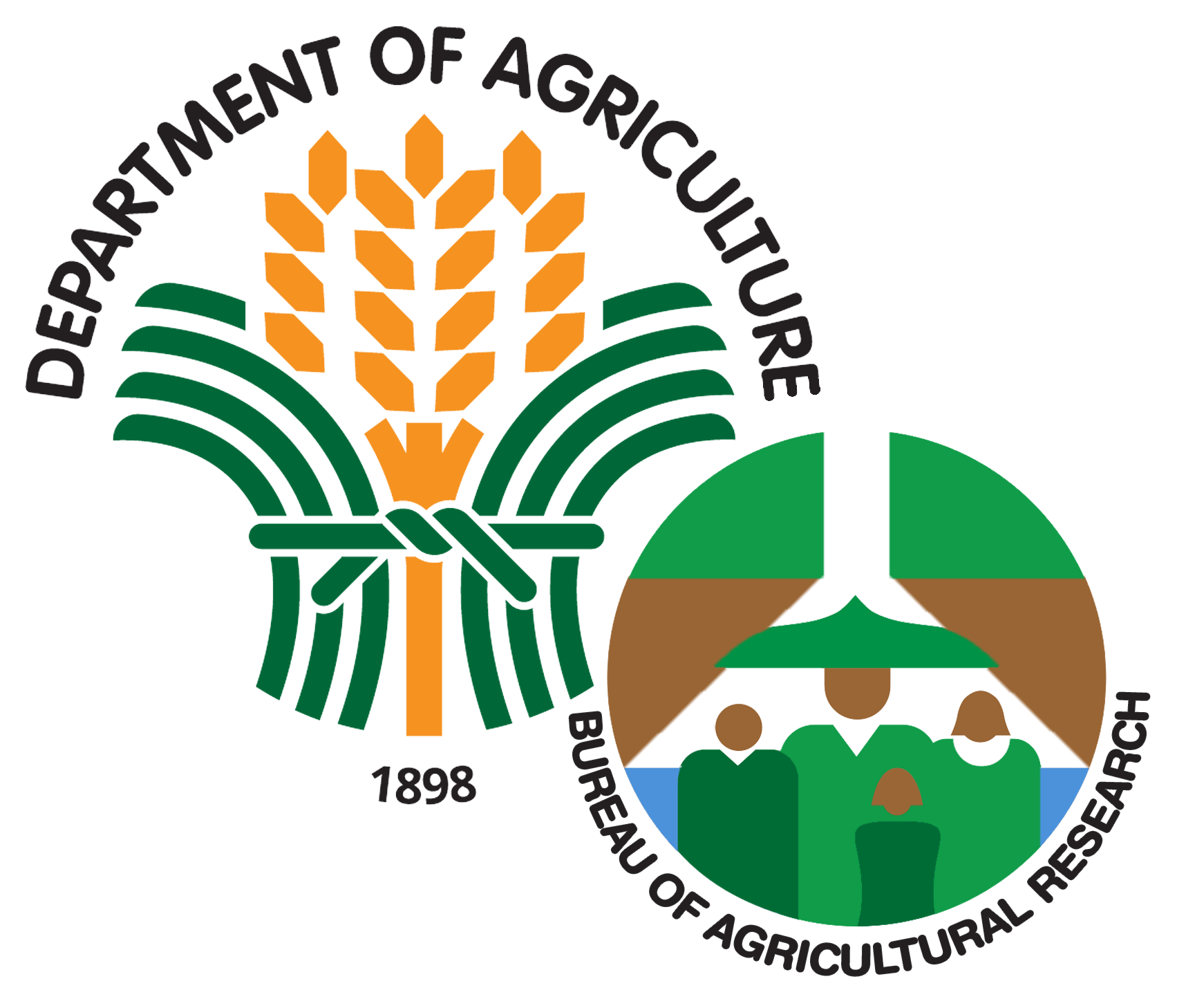Focused on developing a sustainable adlay enterprise for farmers in the marginal areas, DA-Zamboanga Peninsula implemented a project to capacitate IP farmers and associations in the region and enhance their adaptive capacity to adlay production technology.
Funded through Republic Act No. 11494 or the “Bayanihan to Recover as One Act,” being coordinated by DA-Bureau of Agricultural Research, the said project also involved rebel returnees as beneficiaries.
According to Engr. Roger O. Bagaforo, the lead proponent of the project, they target to increase productivity and income of adlay farmers, and address food security in marginal areas in the region.
“We are approaching this project in a holistic way, aiming towards the development of adlay from production support, postharvest handling, value adding or product development, and marketing that will further enhance the sector with farmer-centric approach,” said Engr. Bagaforo.
During its six-month implementation, the project served and reached out to adlay farmers in marginalized areas and registered about 486 adlay farmers and 27 farmer-groups, mostly are IPs and rebel returnees located in Camp Salman, Zamboanga Sibugay, in support of the National Task Force to End Local Communist Armed Conflict program.
However, some tribal leaders were not in favor of enhancing the pangase, an adlay-based wine, because it contradicts with their religious beliefs.
The safety restrictions brought about by the COVID-19 pandemic made it extremely hard for them to reach out and identify farmer beneficiaries.
“Nag-start itong project na ito noong 29 December 2020, kaya talagang mahigpit noon. Hindi kami basta-basta makapasok [sa kanila] makapag-assess ng mga adlay farmers noon,” said John Paul Guadalupe, science research specialist from DA-Zamboanga Peninsula and was one of the people involved in the project.
“Kasi bawat municipality ay mayroong checkpoint, kailangang magpaalam muna kami sa mga local government unit (LGU) para makapasok at magawa namin yung kailangan naming gawin para sa project,” added Guadalupe.
Regardless of these challenges, they extended technical assistance to adlay farmers by giving emphasis on precise farming using the research findings and adlay package of technology-generated by the DA-ZamPen-Research Division. Apart from the assistance, DA-BAR also provided equipment in the postharvest of adlay.
Under the project, farmer-friendly adlay production guides and other IEC materials were produced and packaged. These were translated to the local dialect and encouraged partner-LGUs to establish an adlay production area in their municipality to promote and encourage other farmers to plant.


